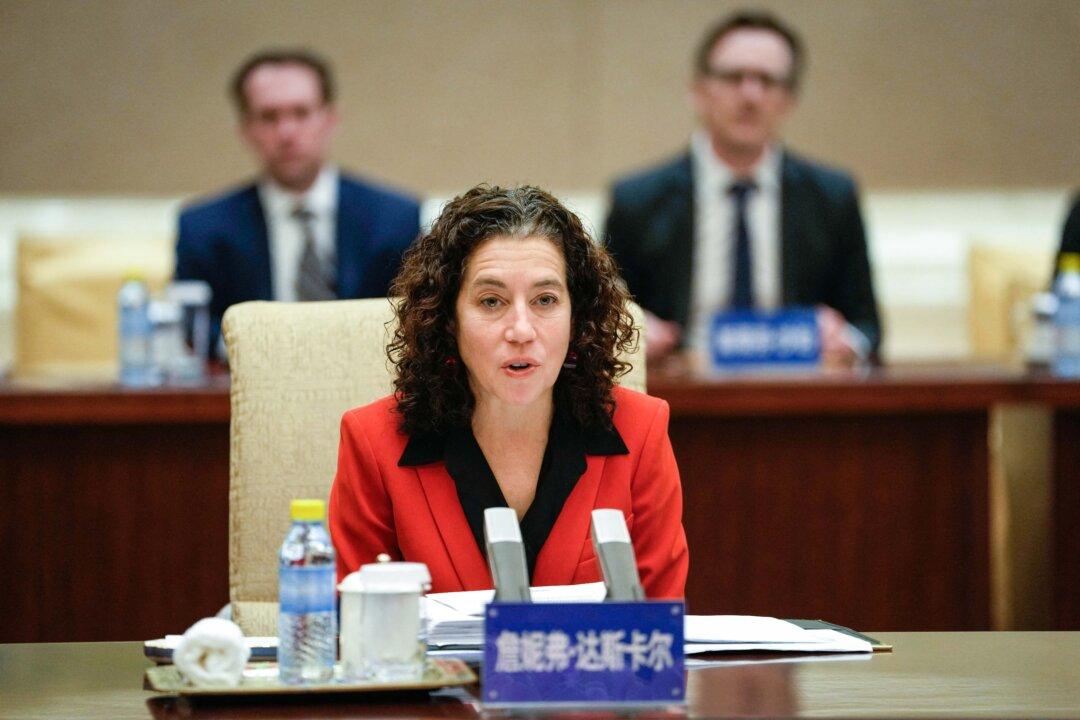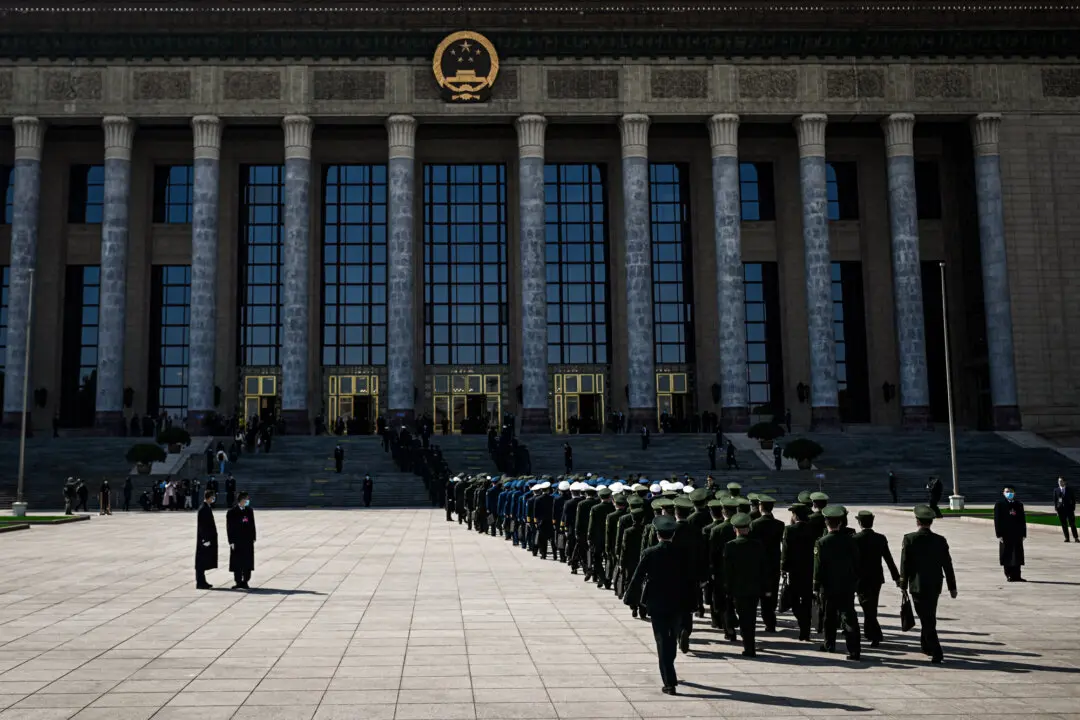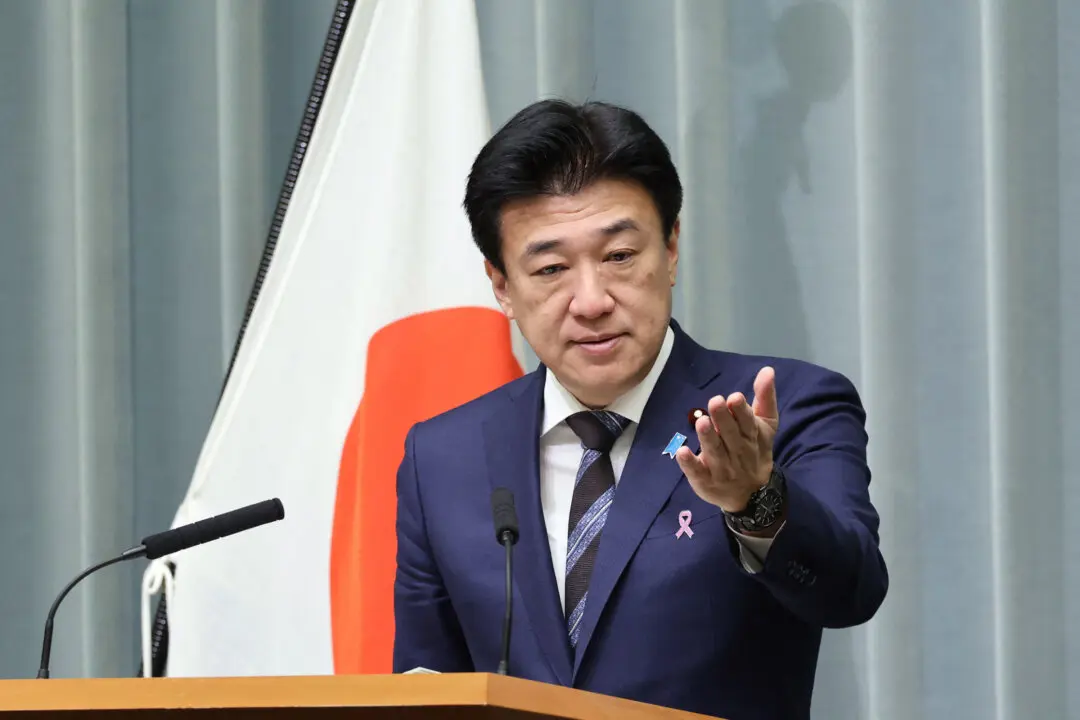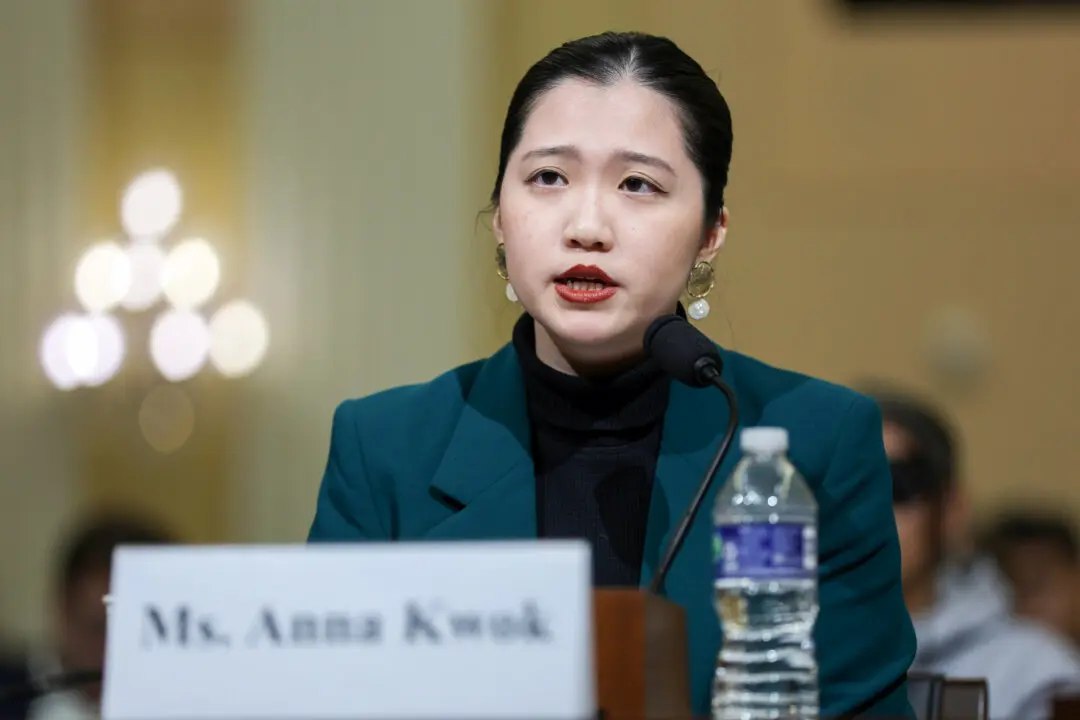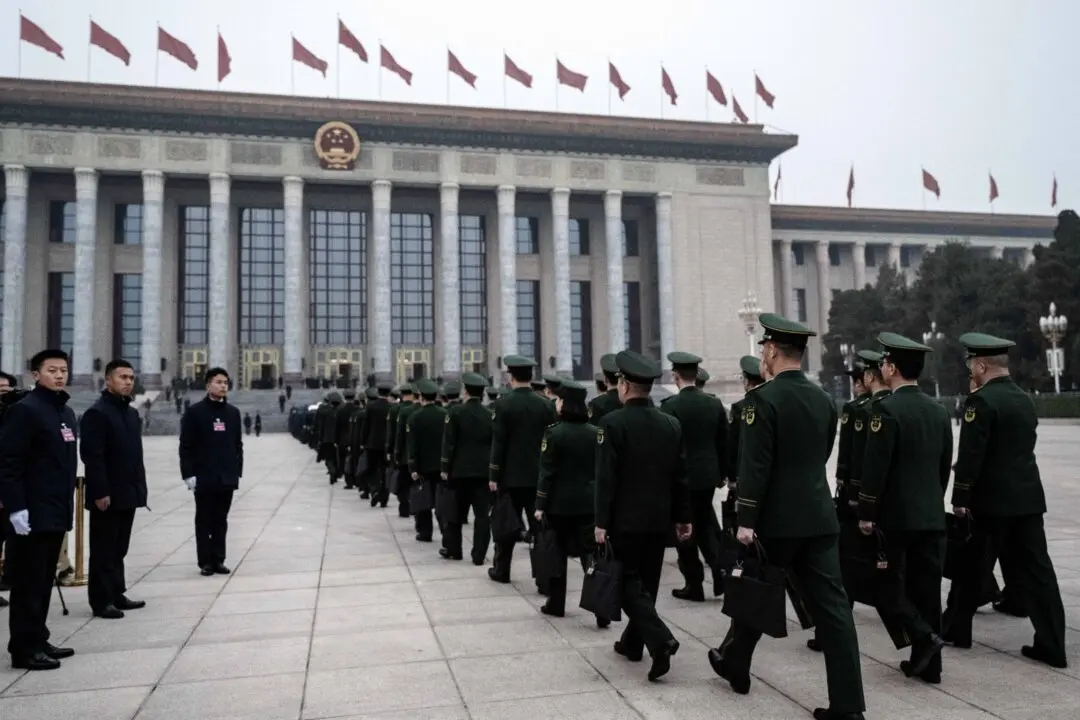U.S. and Chinese officials sat down in Beijing on Tuesday for their first talks in years on combating the illicit trafficking of fentanyl, a deadly synthetic drug that has killed thousands of Americans each year.
Tuesday’s meeting marked the first discussion of a new working group established after U.S. President Joe Biden and China’s communist regime leader Xi Jinping agreed to restart the cooperation in countering the narcotics trade, one of the achievements of the two leaders’ meeting in San Francisco last November.
